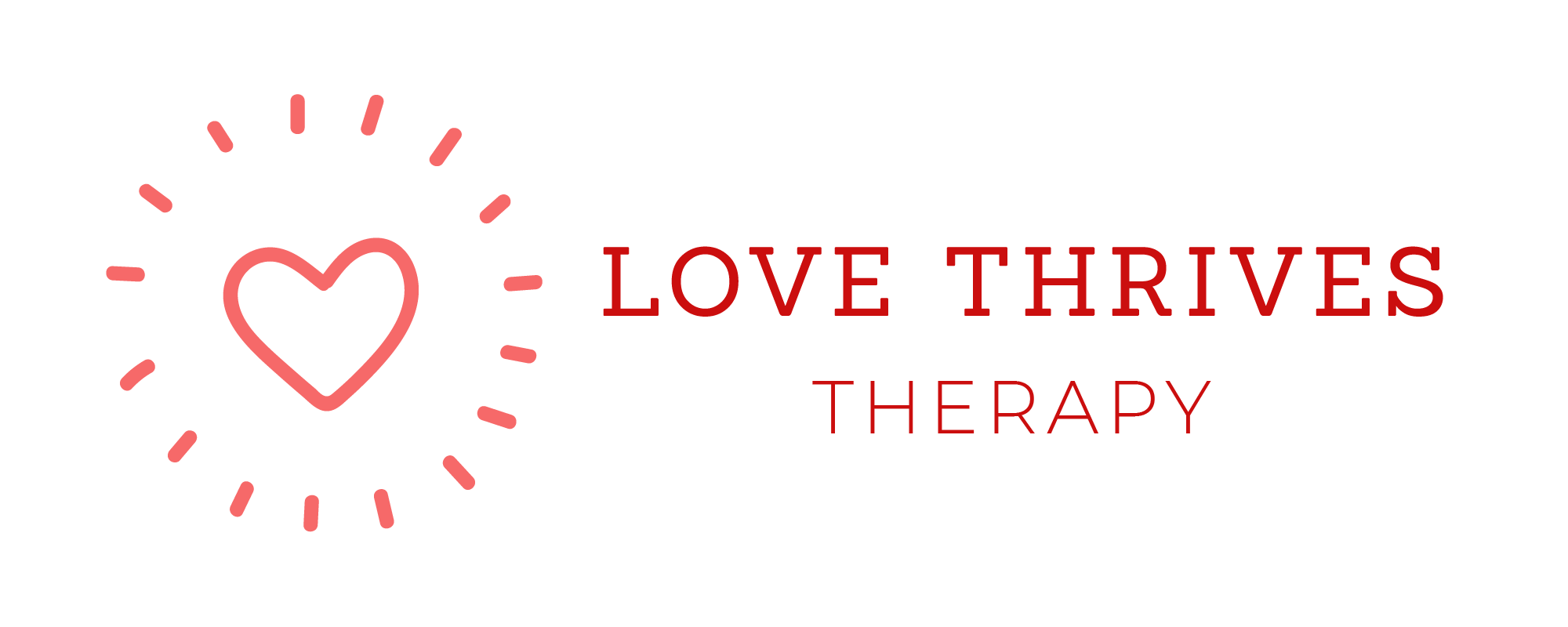John sits across from Julie on the couch in my office. Both of them have their backs mostly to each other, arms folded across their chests. Their faces are tinged with the common discomfort of being in couples counseling for the first time, but otherwise are blank. They aren’t yelling, but there is an ocean and decades worth of resentment between the two of them, and they are looking at me like I’m the last life raft on the sinking Titanic.
This is a common scenario that happens in my practice, and the expectation is that couples therapy will save a sinking ship that’s wrecked with holes from years and years worth of proverbial icebergs. It’s also the expectation that couples counseling is for these specific scenarios; when a relationship is in so much trouble, it’s finally time for an objective third party observer to step in and try to patch the ship and set it sail again.
But what if it didn’t have to be like that? What if intervention was used for those who simply don’t want to find themselves drowning at all?
I want to speak honestly and authentically to this scenario. It’s not that these relationships can’t be patched back up in order to get that ship sailing back on smooth waters, it’s just that it takes a hell of a lot of work, commitment, drive, and forgiveness for the couple to be able to do so. It’s asking people who are exhausted and drowning to turn their limbs on overdrive to keep their heads afloat and make it to safety, and it’s hoping that BOTH partners will be able to make it. It’s possible, but it makes the process so much harder, and the success rate potentially so much lower.
Please don’t get me wrong, if your relationship is on the verge of sinking, or is already underwater, it can be absolutely worth it to go to couples counseling. I understand that there have been generationally inspired stigmas towards mental health in general that have prevented people from seeking help for fear of shame, and I’m excited to see those tides turning as the younger generations embrace the culture of self-care, mental wellness, and relational health.
So to speak to anyone out there who may have pre-conceived notions about couples counseling and when it should be utilized – start coming to couples counseling when nothing is “wrong”. When the ship isn’t wobbly, or hit, or sinking. Come when the waters are smooth in order to learn really great tools for how to spot icebergs in the distance to be able to effectively maneuver around them. Begin thinking of couples counseling as a prevention strategy, as opposed to a last ditch effort. It may save you a lot of time, tears, and the hope is that you won’t need a life raft because you will know how to keep the ship afloat.

